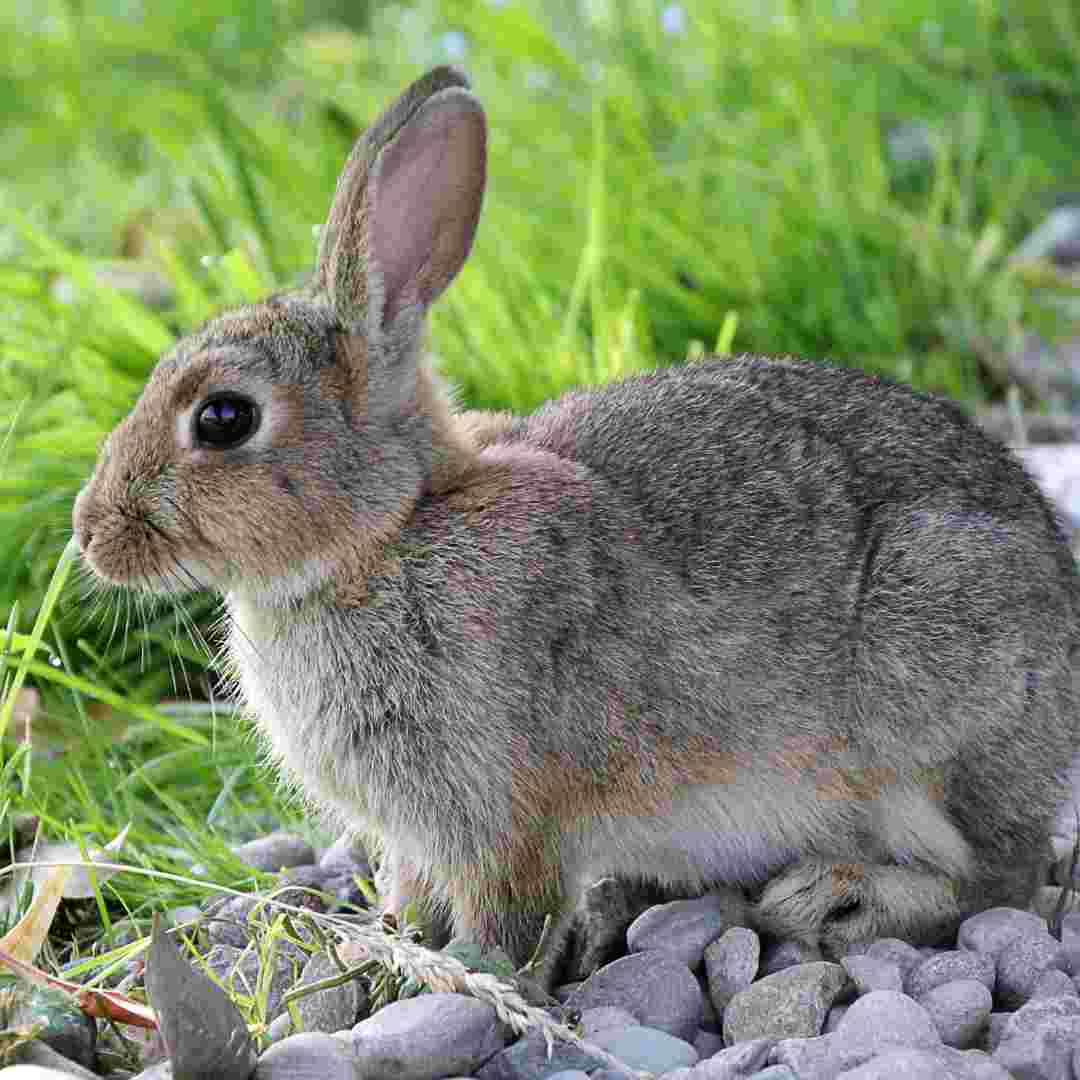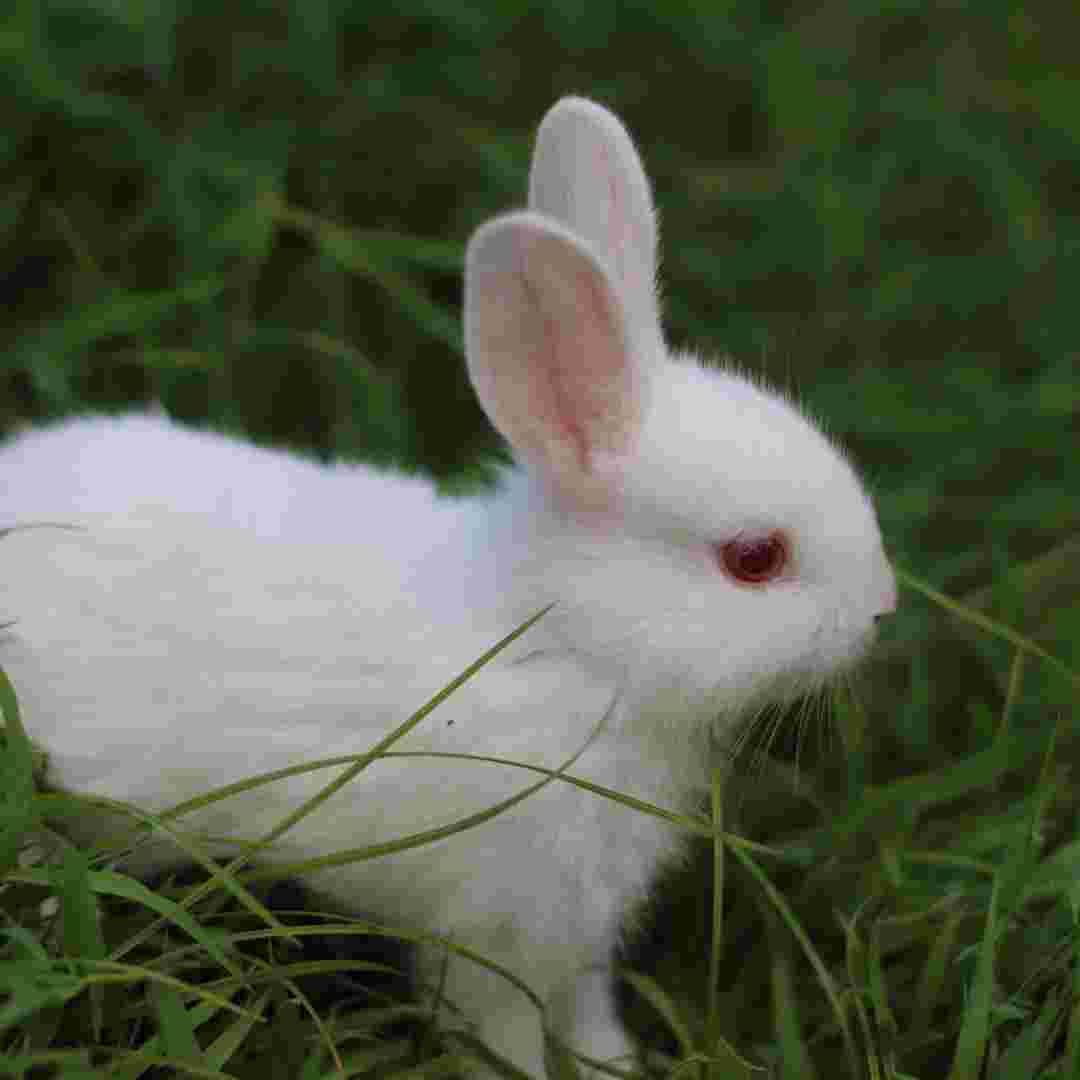Contents
Introduction
What's Too Much Rabbit Manure for Your Garden?
Garden Benefits of Rabbit Manure
Estimating Rabbit Manure for Your Garden
The Pros and Cons of Gardening with Rabbit Manure
Storage and Application of Rabbit Manure in Your Garden
Q&A
Conclusion
Introduction
Due to its nitrogen and other elements, rabbit excrement makes great garden fertiliser. Use the proper amount of rabbit manure in your garden to provide your plants enough nutrients without overfeeding them. How much rabbit manure to use in your garden depends on the plants, soil type, and garden size. Finding the correct amount of rabbit dung for your garden requires some research and experimentation.
What's Too Much Rabbit Manure for Your Garden?
Remember that overusing rabbit manure in your garden might be dangerous. Plants need nitrogen, phosphorus, and potassium, which rabbit dung provides. However, overapplication can cause nutrient burn, which can kill plants.
Plant type and soil type determine how much rabbit dung is safe for your garden. Rabbit dung should not exceed 2-3 pounds per 100 square feet of garden space. Application of high-nitrogen fertilisers like rabbit manure should be spaced out over numerous applications.
Make sure rabbit faeces is composted before using. Nutrient burn, illness, and pests are reduced by composting. Composting digests manure nutrients, making them more available to plants.
Last, rabbit manure should not be put on edible plants. Rabbit excrement can include diseases and parasites that can damage humans.
Finally, overusing rabbit faeces in your garden can pose problems. Aim for 2-3 pounds of rabbit dung per 100 square feet of garden space, spaced out across numerous applications. Before applying manure, compost it and avoid using it on edible plants.
Garden Benefits of Rabbit Manure
Rabbit manure is a great fertiliser for plants and soil. Plant growth requires nitrogen, phosphorus, and potassium, which rabbit dung provides. It also contains nutrients and trace components that boost soil fertility. Rabbit manure's organic content improves soil structure and water retention.
Rabbit manure is a slow-release fertiliser that improves gardens. This releases nutrients gradually, giving plants a continuous supply. This prevents plant and soil harm from overfertilization. Soil structure improves with rabbit manure, reducing compaction and improving drainage.
Natural nitrogen from rabbit faeces is another garden benefit. Plant growth requires nitrogen, which soils typically lack. Rabbit excrement refills soil nitrogen, promoting plant development.
Rabbit faeces increases soil fertility. Rabbit dung improves soil structure and water retention with its high organic matter content. This reduces soil erosion and fertiliser use.
In conclusion, rabbit manure contains many useful microorganisms. This microbe breaks down organic debris and releases nutrients into the soil. This improves soil fertility and reduces fertiliser use.
A great fertiliser for gardens, rabbit excrement can benefit plants and soil. As a slow-release fertiliser, it provides nitrogen and beneficial microbes. Rabbit manure increases soil fertility and reduces fertiliser use.
Estimating Rabbit Manure for Your Garden
Due to its nitrogen and other elements, rabbit excrement makes great garden fertiliser. To provide your plants the most nutrients, you must calculate the proper amount of rabbit manure for your garden. Determine your garden's rabbit manure needs with this step-by-step approach.
Garden size is the first step. Calculate the square footage of your garden by multiplying its length and width in feet.
Second, calculate rabbit manure needs. For every 100 square feet of garden space, use one cubic foot of rabbit dung.
In Step 3, calculate how much rabbit dung your garden needs. Your rabbit manure needs are the square footage of your garden multiplied by 0.01.
Step 4: Get enough rabbit excrement. You can buy rabbit dung at a garden centre or online after calculating the amount your garden needs.
These techniques make it easy to calculate rabbit manure for your garden. By estimating the proper amount of rabbit manure, you can provide your plants the best nutrients.
The Pros and Cons of Gardening with Rabbit Manure
Gardeners flock to rabbit manure for fertilisation and soil improvement. Its high nitrogen, phosphate, and potassium content makes it a good natural fertiliser for many plants. Using rabbit dung in your garden has positives and cons.
Pros
As a natural fertiliser, rabbit excrement is beneficial to your garden. Plant growth requires nitrogen, phosphorus, and potassium, which rabbit dung provides. Beneficial microbes promote soil structure and fertility. A cheap and easy-to-get fertiliser, rabbit manure is.
Another benefit of rabbit dung is its slow-release fertiliser. Your plants will receive a consistent supply of nutrients as it slowly releases them. This reduces the requirement for frequent fertilising and overfertilization.
Cons
Rabbit excrement can include parasites and other pathogens, which is detrimental to gardening. You must compost manure before utilising it in your garden. Uncompostable manure can introduce parasites and germs to your soil.
Another drawback of rabbit dung is its salt content. Uncomposted manure can produce salt accumulation in the soil, harming plants.
Gardeners wishing to fertilise and enhance soil should consider rabbit manure. Make sure manure is composted before using it in your garden. Use rabbit manure with caution to avoid salt buildup and parasites and germs in your soil.
Storage and Application of Rabbit Manure in Your Garden
Organic garden fertiliser from rabbit excrement is great. Its nitrogen, phosphorus, and potassium content is vital to plant growth. Store and apply rabbit manure properly to maximise its benefits to your garden.
Storage
Dry, ventilated storage is best for rabbit manure. Sunlight and moisture can deteriorate manure, so keep it away. Store manure in a lidded container to avoid pests and other pathogens.
Application
Rabbit dung should be used sparingly in gardens. Overusing manure can upset soil nutrients, causing plant health issues. A balanced fertiliser should include compost or aged manure with the manure.
Spread fertiliser equally over the soil and lightly work it into the top few inches. Applying manure directly to plant roots can cause root burn.
Use rabbit excrement as mulch. To conserve moisture and discourage weeds, apply a thin coating of manure around plant bases.
These simple measures can maximise rabbit manure benefits for your garden. This natural fertiliser can boost plant growth if stored and used properly.

Q&A
1) How much rabbit manure should I put in my garden?
Answer: Rabbit manure has many benefits for gardening, but use it sparingly. Rabbit dung should not exceed 1/2 cup per square foot of garden space.
2. Is rabbit manure garden-safe?
Answer: Rabbit manure is garden safe. It provides nitrogen, phosphorus, and potassium, which plants need.
3. What frequency should I apply rabbit manure to my garden?
Answer: Your garden needs rabbit dung once or twice a year. Use it in spring and autumn when the earth is damp and the plants are growing.
4. Can I use rabbit manure with fertilisers?
Answer: Rabbit dung mixes with other fertilisers. You must utilise the optimum ratios to provide your plants enough nutrients.
5. Is rabbit dung superior than any other?
Rabbit dung provides nutrients for your plants, but it's not necessarily better than other manures. Choosing the proper manure for your garden is vital because they have varied nutrient profiles.
Conclusion
Finally, the amount of rabbit dung needed depends on the garden's size and plants. We recommend using 1-2 pounds of rabbit dung per 100 square feet of garden space. Use 1 pound per 100 square feet for vegetable gardens. Gardeners should use 2 pounds per 100 square feet for flowers. Mixing rabbit excrement into the soil and watering it in ensures nutritional absorption.
